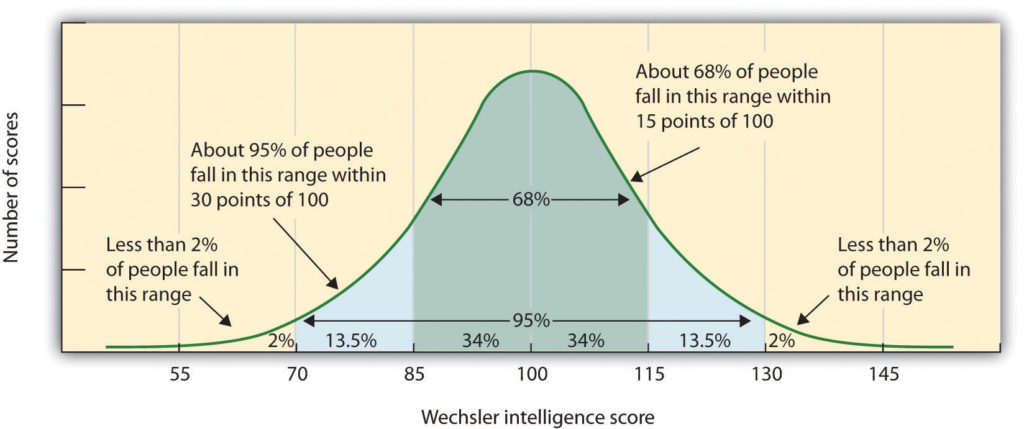
A Change of
Heart on Universal Income Pt.1
I’ve been thinking and reading a lot about universal income lately. For those that don’t know, universal income is the idea, and somewhat growing social movement, that inequality is growing to such a point and that the cost of living is getting to the point that the government should provide individuals that make under a certain point yearly a cost of living subsidy.
Historically, I’ve been adamantly against this type of social program. As a hardcore market guy, I’ve always believed that the open market is always the rule and that this rule should also apply when it comes to skills and income at the individual level. I myself went back to school at a later time in my life when the economy tanked when I found out the hard way that just an undergrad degree wasn’t going to save me if things got really bad at Nielsen. I went back and things worked out well for me. That was the market element at play in my own life. I had a certain skill point that worked for me and helped me grow to a certain point of success. When the level of what it took to be successful in my own life, mostly because of external market conditions, I did what I had to do change myself to put me in a better position in the market post-recession. That pretty much solidified my “pull yourself up by the bootstraps” mentality that I tend to beat my son over the head with constantly.
That said, I read something the other day that has really challenged that idea and I’m not quite sure what to make of it. It’s really simple. You see the US military has been doing research on the knowledge and skills since the early part of the 20th century. The US Military has created a pretty good model of understanding what a person that is about to enter into the military will probably be good at and what they will probably struggle with. It’s the test that you have to take after you go through all the physical screeners to qualify for the military in the first place, that qualifies your mental abilities. That’s an uber- PC way saying they give you an IQ test.
The US military has had millions of people come through that process and has a massive amount of data to research over the past 100 years or so. There are all kinds of subjective insights that you can get from that data, but one of the big ones that is sticking out to me has completely turned my opinion on universal income.
The data is pretty simple. The US military determined somewhere around the Vietnam war that a person has to have above an 83 IQ to be able to have the mental capacity to complete a job, any job for that matter, in the military. Simply put, the US military has gathered by researching millions of people that someone below an 83 IQ cannot learn to change the oil on a truck or work in the kitchen in an effective enough way that meets the expectations of the US Military. Tie in the idea that we’re probably not talking about Jeff Bezosesque type of expectations here, that is fairly startling when you think about the big picture.
Now, look at the visual below of the IQ spread over the general population. What is the very first thing that pops out to you?

I know what it is for me. If the US military believes that anyone that is below 83 IQ is incapable of doing a job in the US military, what exactly do you think those people are going to be able to do out in the civilian job market? Also, to give you some context, if the current US population is around 325 million people in 2018 and around 10% of those 325 million have below an 83 or so IQ, we’re basically stating through statistical analysis that somewhere around 33 million people in the US right now couldn’t be placed in any role in the US military where they would meet the expectations of that job.
Now, granted I’m making some assumptions here. I don’t believe that fast food restaurants have IQ minimums and this data doesn’t account for things like work ethic and motivation, but that doesn’t negate the fact that IQ is core variable in forecasting the success of an individual. In that, this analysis on the IQ model that the US military is using leaves me with a lot of questions.
I’m still thinking my way through this though. There are other things at play when it comes to the idea that there are enough people out there in society that have no realist chance of ever being productive enough to live a fulfilling life or what we would consider as such in the western world.
I’m working through the long-term implications as such and what if anything can be done about this dilemma if anything at all. I’ll update in the next couple of weeks.
